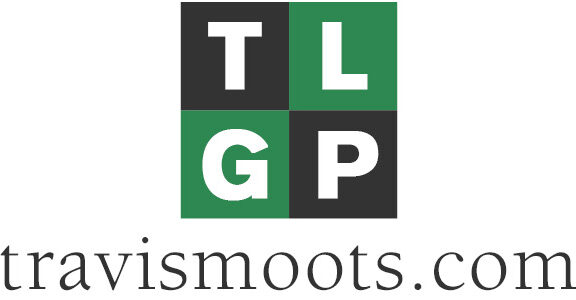The Nation’s Report Card has revealed the unfortunate consequences of lengthy school closures and insufficient online instruction throughout the COVID-19 period. Findings reported by the NAEP are so historically dismal that some are calling the situation a national crisis.
For the first time in 50 years, mathematics scores have dropped 7 points. Declines in reading are the worst since 1990. These findings will not shock many parents who foresaw the consequences of lengthy school closures and also grew dissatisfied with their child’s slow progress through online learning. For that reason, as well as the discovery that woke ideals were dominating lessons that should have been about math and language arts, many parents withdrew their children from public schools and began looking for other options. While some chose homeschooling, others enrolled in private-Christian schools during the 2020-21 school year. That leads to an important question: how did the Christian schools fare through COVID-19? More specifically, what academic trends emerged among HCS students over the past couple years?
Examining achievement test scores among Christian schools across several states reveals a much different picture than the NAEP report. Achievement test scores provided by Steve Peltier from the American Association of Christian Schools show that Christian school students have maintained academic stability through the COVID-19 era. The AACS data includes test scores from 460 schools throughout 38 states. Scaled scores from K5 through 12th grades have remained steady since 2018, and none of the K5-12thgrade national percentile rankings have decreased more than four hundredths of a point over the five-year period. Even though scores have dropped by a few hundredths of a point, it should be noted that all scores are above national averages. Most are well above national averages.
How have HCS scores trended over the past five years? Among students tested since 2018 in 1st through 10th grades, there have been more increases than decreases in mathematics and language scores.Even when class averages have decreased, the drops have not been alarming, and all scores remain above national averages. Looking at ability scores offers an even more impressive outlook. Among the five grades who were administered cognitive ability tests last year, four of them significantly overachieved. In other words, the core composite achievement scores were higher than their cognitive ability scores predict.
There are a few takeaways we can conclude here. First, it pays to be in school – that’s where so much learning happens! Likewise, it pays to have a real teacher in a real classroom with real kids. Second, teacher efforts paid off as they strived to keep high academic standards during the forced shutdown as well as the ensuing school year in which many COVID-19 protocols made teaching difficult. Therefore, you should thank a teacher! Third, transfer students who entered HCS over the past two years have made big efforts (certainly with the help of parents and teachers) to get caught up. Fourth, parental rights and school choice rather than government-monopolized schools present the only hope for training a new generation of Americans who can bring about significant change in our nation.


